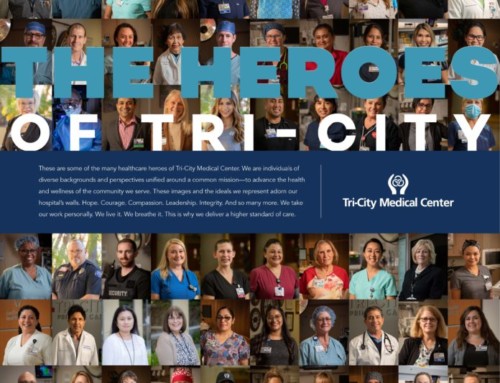 Seeking therapy for personal challenges is a brave step towards self-improvement.
Seeking therapy for personal challenges is a brave step towards self-improvement.
Whether you’re exiting an unhealthy relationship, struggling with grief, or going through other emotional hurdles, talk therapy can be a useful tool. While some people prefer one-on-one therapy sessions, which allow them to build a trustworthy relationship with a single professional, others prefer to learn and grow among other patients who are working through similar issues.
If you’re considering group therapy, here are 4 potential benefits, and some questions to ask yourself about why this type of counselling might be worth a shot.
1. Safety Net and Support
Meeting with the same group of individuals over time offers a built-in support group.
People dealing with challenges such as eating disorders, anxiety, or depression often find refuge in simply knowing they are not alone. Opening up to a group of individuals who understand your problems first-hand can be validating and help you build meaningful relationships. Many patients may find themselves more apt to be vulnerable in the safe space of a circle of folks who have been in their shoes.
Ask yourself: Do I feel alone in my problem? Could meeting other people with similar issues provide relief?
2. More (and Diverse) Feedback
Another benefit of group therapy is the amount of diverse, meaningful feedback.
Group therapy allows you to bounce stories, problems, and questions off of everyone in the circle rather than a single therapist. This array of perspectives may enable you to gain more insight into yourself and experience significant breakthroughs. Something you say may strike a chord with a fellow member of the therapy group, encouraging them to share an intimate detail about their own history that will help you significantly.
Ask yourself: Do I thrive when I receive multiple opinions and feedback on a problem?
3. Less Pressure to Talk
In private therapy, you’ll do the majority of the talking. In between suggestions or probing questions from your counselor, you’ll be the one opening up about your life. In group therapy, on the other hand, there is plenty of opportunity to sit back and listen.
If you find listening to the stories of other people meaningful and moving, you may have a good experience in group therapy. Some weeks you can open up and share, and other weeks you can become more reserved and offer support. Even during weeks where you are tacit, you may be able to put your problems in perspective or discover a solution to something that’s been nagging away at you.
Ask yourself: Am I an introvert who benefits from listening and analyzing the words of others as much as I do from talking?
4. Improved Relationships
Working within a group also means gaining better communication skills and improving your interpersonal connections.
While you may grow close to a private therapist over the course of several years, working through fear, anxiety, or mental health issues with contemporaries is different. In group therapy, you build relationships with others who are experiencing a similar situation. Through group work and the birth of new relationships, you’re likely to develop more self-esteem and self-acceptance, as these qualities often stem from your acceptance of others.
Ask yourself: Is building relationships and learning to trust one of my therapy goals?
Depending on what you hope to address and where you are in your therapeutic journey, group therapy can offer invaluable support.
Contact Tri-City Medical Center today and speak with our expert team to find out if group therapy could be a helpful tool for you.





